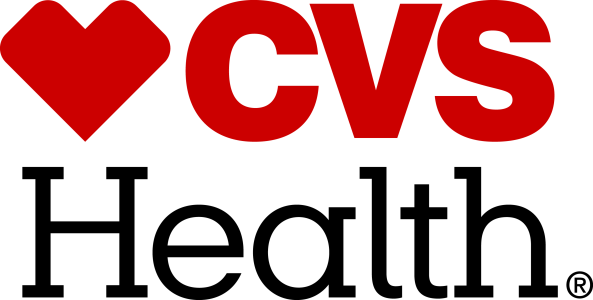Key Findings
- CVS Health has a written safer chemicals policy, known as its Cosmetic Safety Policy, along with a beyond restricted substance list (BRSL) made up of dozens of chemicals of high concern (CHCs) that it restricts in formulated baby and child products and beauty and personal care products. The policy only addresses its own private-label products, not also brand-name products sold at CVS.
- In 2020, the company announced it has met its 2017 goal to reformulate nearly 600 private-label products for the most prevalent formaldehyde donors (preservative ingredients that can release formaldehyde over time) from its store-brand CVS Health, Beauty 360, Essence of Beauty, and Blade product lines. This is a notable achievement.
- In 2020, CVS Health banned bisphenol S (BPS) and all other bisphenols in the thermal receipt paper for its stores, which will reduce both its workers’ and customers’ exposure to these harmful chemicals. The company is also in the process of updating its BRSL to address PFAS in spring water as well as other substances in adult care, feminine care, oral hygiene, and personal intimacy products.
Recommendations for CVS Health
- CVS Health can continue to improve its safer chemicals program by expanding its policy to cover brand-name suppliers and setting new public quantifiable goals with clear timelines for reducing and eliminating other product-chemical combinations, especially any per- and polyfluoroalkyl substances (PFAS), bisphenols, and phthalates that may be present in the products or packaging, including food-contact materials, that it sells or suppliers use.
- CVS Health should also eliminate plastics of environmental health concern (PEHCs) from its product and packaging materials and set public quantifiable goals with clear timelines for doing so. The company should take swift action to eliminate and safely replace key chemicals of concern from the beauty products of environmental justice concern that it sells. The company should publicly disclose the alternatives used to replace CHCs or PEHCs after eliminating them.
- CVS Health should pilot the Chemical Footprint Project with key private label suppliers. The company should also certify private-label cleaning products to credible third-party standards, such as EPA Safer Choice, Made Safe, or Green Seal.
Grade History
How does CVS Health compare to its competitors?
Analysis of CVS Health
Oversight: Established management responsibilities and incentives
Disclosure: Requires suppliers to report use of chemicals in products to retailer
Action: Reduced or eliminated chemicals of high concern (CHCs) or plastics of environmental health concern (PEHCs) within the last three years
Safer Alternatives: Evaluates safer alternatives, avoids regrettable substitutes
Transparency: Demonstrates a commitment to transparency and public disclosure
Third-party Standards: Promotes credible third-party standards for safer products
Extra Credit:
Joint Announcement: Public commitment demonstrated through joint announcement
Continuous Improvement: Shows continuous improvement by steadily expanding safer chemicals policy
Collaboration: Actively participates in collaborative process to promote safer chemicals
Impact Investment: Investing financial resources into independent research into safer alternatives and/or green chemistry solutions


